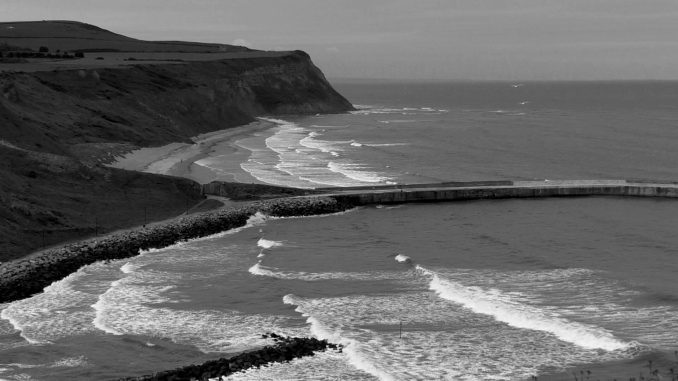
As well as being a script writer for hire and script consultant, I’ve also just (about) completed my first feature film as a director, low budget horror film called Markham. As I put the finishing touches to the film prior to its release at the end of August, I thought I’d write up a blogpost on the ’10 things I’ve learned’…
10. It’s possible, with today’s technology, to shoot a good looking, professional standard film with a micro budget. More than ever before the cameras, editing and post production kit are all affordable. I shot some parts of Markham on a mobile phone.
9. Don’t do it piecemeal. Markham was shot over 18 months. Shooting a little bit at a time seemed like a good idea, for me and everyone else involved. It wasn’t a good idea. I would have been much better off scheduling a week or ten day shoot where all the cast and crew were available, and then shot the film all at once. It would have made things much easier on all of us, and that includes myself as director, producer and DOP. Next time, I WILL do this, whether my next film has a larger budget or is another micro budget film.
7. The internet makes it easier to connect with professionals. We all know the great thing about the net is the way it connects people together. But, it’s also fabulous for filmmakers in that regard too.
I found the composer for my film, the fabulous Mariella Nelson Renaud when she got in touch with me online. The music she’s come up with is just what I wanted. All she did was drop me an email.
6. CGI is pretty rubbish. I’m of the school that thinks CGI isn’t much cop, CGI makes everything possible but nothing interesting. However, there is some CGI in Markham, I used it because stop motion animation would have taken too much time. It works in the film to an extent, but I’m not a massive fan. So while I’d avoid CGI in future, I am seriously looking at graphic programmes like Unreal Engine and Cinema 4D (I’ve signed up to learn how to use both). These programmes stem from CGI but aren’t what I would call CGI as such. And both programmes look more like real life, as well as improving how films are made (they make things easier).
5. I still love analogue. Some of Markham is shot on Super 8mm, and Pro8mm. Old school retro tech. There are other uses of retro technology in the film and it’s actually a plot point in the movie as well. In the end, I didn’t use as much Super 8mm as I wanted to. I still love the format, but I’m not going to shoehorn it into films again, and Super 8mm is now best used for particular projects and ‘looks’. Sometimes I’ve lost track in the edit, or what was or wasn’t shot on the format, that’s how integrated it got with the digital camera footage.
For the next five reasons – please click here pop over to the Matthew Cooper Director website, where I’ve continued this post on the blog section.
Matthew Cooper has been a script writer for hire, UK Script editor and UK script consultant for over 20 years. He’s written for most of the UK soaps, including writing award winning episodes of Emmerdale, EastEnders, Hollyoaks and Family Affairs and has been BAFTA shortlisted and Royal Television Society nominated as a script writer. His UK script coverage service, Script reading service and script development service are highly sought after.
You can find some of his broadcast credits on the IMDb.
You can contact Matthew directly to purchase his ebook The UK Soap Opera Script Writers Handbook.
His directorial debut, the rubber reality horror thriller Markham will be released in 2020. You can find out more about Matthew’s work as a director here.
You can get in touch with Matthew on matcoop23@yahoo.co.uk.
